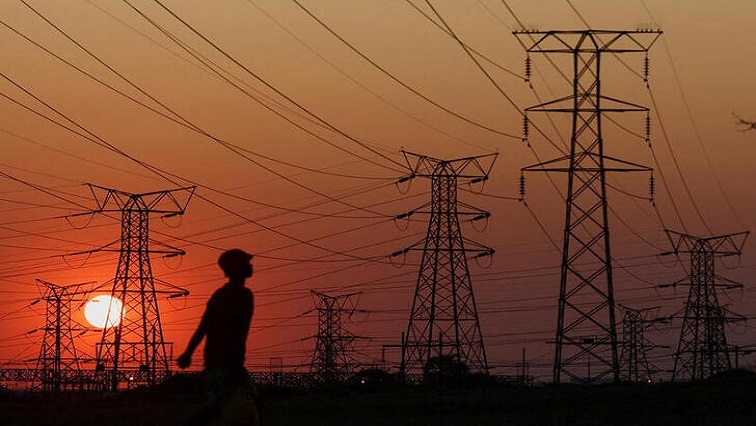Judgment in the load shedding case has been reserved as proceedings concluded in the Pretoria High Court. The applicants in the case – which include trade unions and political parties – are calling for critical public services like schools, hospitals and police stations to be exempted from load shedding.
National Union of metal workers of South Africa (NUMSA), United Democratic Movement (UDM) and ActionSA are among the 19 political formations and trade unions that have taken Eskom and Public Enterprises Minister, Pravin Gordhan, to court, compelling them to take responsibility for the energy crisis and to provide uninterrupted electricity.
The applicants in the load shedding case have argued that load shedding encroached on the public’s constitutional rights to receive basic services. They are urging government to provide generators to critical public service sectors as it is its statutory obligation to do so. Representing ActionSA, Advocate Gillian Young Benson lamented government’s last minute attempt to present new evidence.
“Surprisingly at the close of today’s case, the state advised that they will be filing an affidavit to state which of the hospitals actually have generators because they claim that each of the public hospitals do have such generators so we’re interested to see what’s going to come from that affidavit, we don’t know why it wasn’t filed in March before we completed arguing this matter. So it comes as quite a shock and we find it rather cynical that the timing is now. Once we are in receipt of that the applicants will reconsider the situation and we are to file a further reply to that as soon as we are ready.”
The state has argued that it has a set budget and programmes to end load shedding. Government says the relief sought by the multi-stakeholders will disrupt government’s energy action plan.
Advocate Adila Hassim is the counsel for government: “The relief does the following, it disrupts the proper exercise of constitutional and statutory duties by several organs of state not least the national sphere of government vis a vis other spheres of government. It interferes with the policy making function of the executive arm and it makes the court to take decisions on a matter that is complex and technical instead of authorities who are working daily to resolve these issues.”
The applicants are expected to bring part B of the application which seeks to end load shedding, in May.
Load shedding | Concerns about a complete national blackout : Clyde Mallinson:






